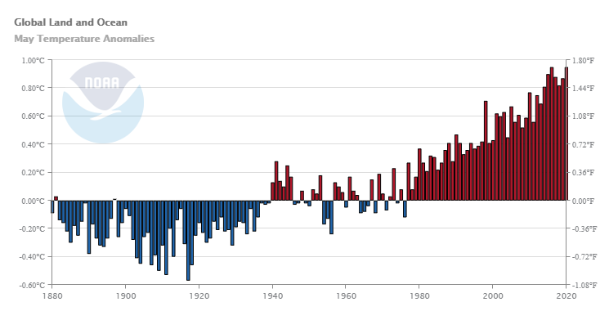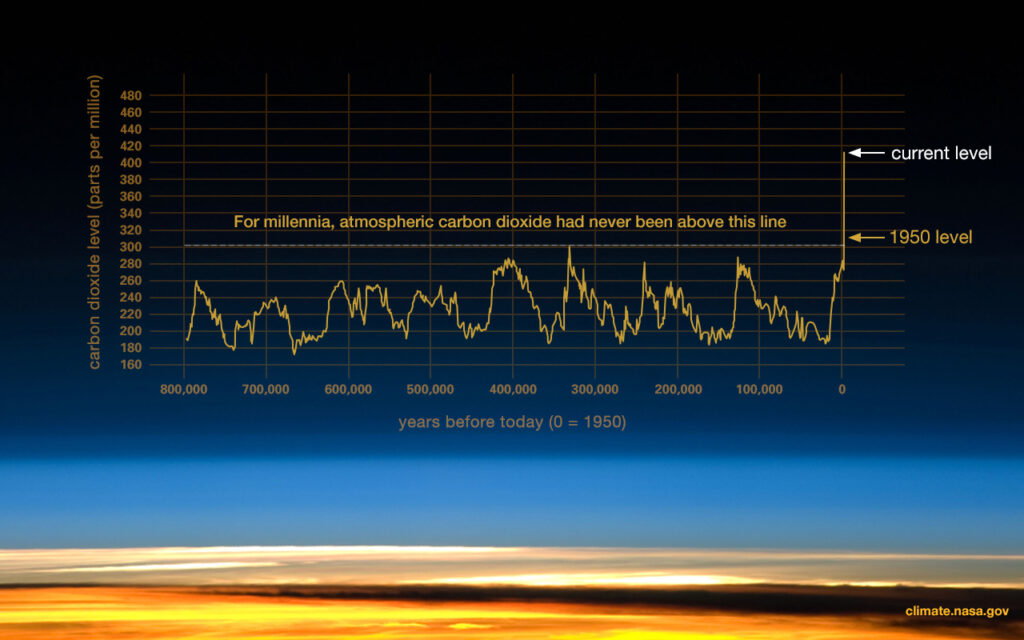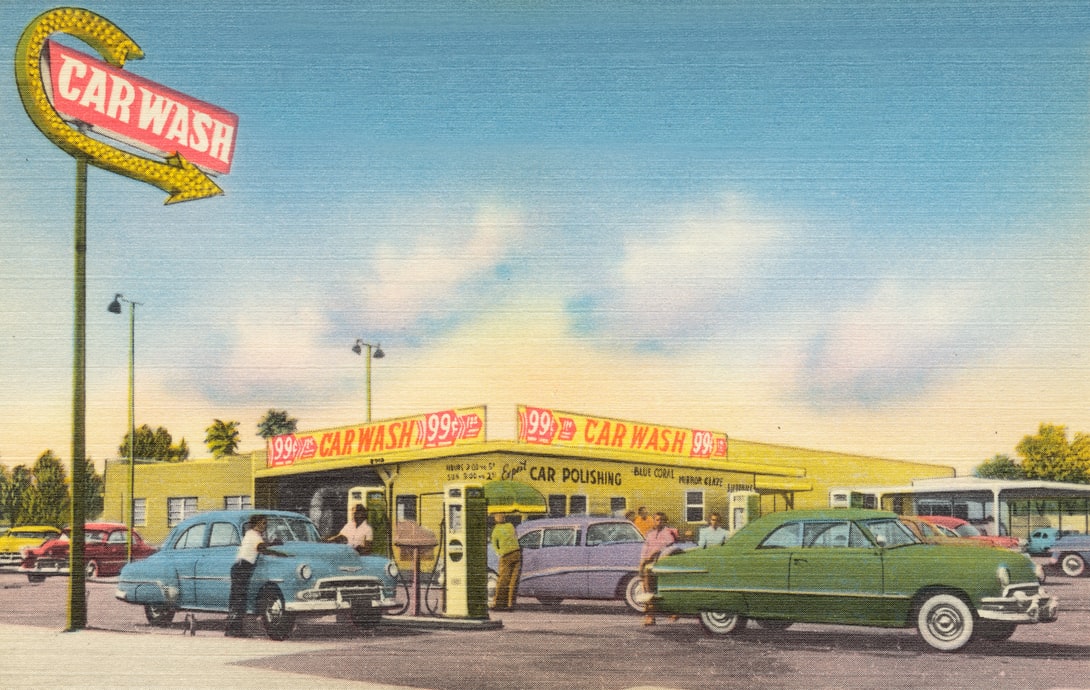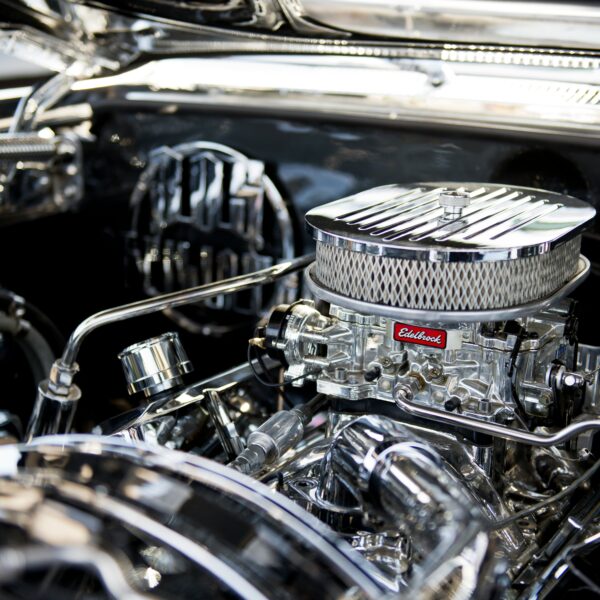The Battle Over Fuel Efficiency Standards: Are We Doing Enough?
Here’s my opinion: our sustainability efforts should always be in question. From eco-friendly purchases that prove individuals can make a difference to environmental policy that shows the power of the collective, the plight of the planet is a justice issue. That’s exactly what brings me to fuel efficiency standards.
Recently, the U.S. Environmental Protection Agency rolled back vehicle fuel efficiency standards for car manufacturers. In a sweeping deregulatory move, they eliminated the requirement for automakers to increase fuel efficiency of cars and light trucks by 5% per year. The new regulation is soft, only requiring a 1.5% increase in efficiency for cars and trucks from now until the 2026 model year.
It’s called the Safer Affordable Fuel Efficient Vehicles Rule, or SAFE rule. But the name might just be a misnomer.
One result of the rollback is obvious: heightened profitability for the fossil fuel industry. But without a planet that can sustain life, there will be no oil industry at all — and no vehicle industry, either.
State and local governments respond to the fuel efficiency standard rollback
In response to the softened regulations on fuel efficiency standards, 23 states, 4 cities and Washington D.C. all retorted in disagreement.
The state of California is particularly peeved about this development. In the past, they were able to set their own regulations on fuel economy from automakers. This allowed them to stay ahead of the sustainable curve. But last year, decision makers revoked this capability, and now California has to suffer the brunt of the burden, too.
Does the new fuel efficiency standard’s reasoning hold water?
EPA Administrator Andrew Wheeler spoke on the matter during a press call in May. He said the decision to minimize fuel efficiency standards for automakers will cut the price of new cars and incentivize the purchase of newer, more efficient vehicles. Wheeler also claims it will save lives from traffic accidents.
In contrast, environmental activists say that cost cuts will only be relevant in the short term, and that higher fuel economy standards will be more financially beneficial in the long run. What’s more is it fails to protect the environment the way we need.
The current administration’s arguments are based on a specific analysis. Investigative reporters have researched this analysis and determined it’s been inflated to support their preferred findings. Moreover, EPA staff even warned that the new rule would be damaging.
In fact, the SAFE rule could result in up to 2 billion more barrels of fuel consumed over the lifetime of the automotives covered under the rule, as well as up to 923 million more metric tons of atmospheric carbon dioxide.
That’s all not to mention that thousands of jobs will be lost as a result of the new rule.
While it’s still under investigation, it’s possible that this new standard actually goes against existing policies like the Clean Air Act and the Energy Policy and Conservation Act.
What the facts say about the current state of the climate
Statistics can be malleable. It’s totally possible to position reported numbers so they align with our own confirmation bias, ultimately validating beliefs we already held before the metrics arrived.
But when the majority of the world’s scientists validate scientific findings in an overarching consensus, it makes sense to believe them.
According to the National Oceanic and Atmospheric Administration, global temperatures are consistently on the rise. Here’s a chart from NOAA that showcases the rise in May temperatures since the end of the 19th century:

The earth has been through seven cycles of glacial advance and retreat over the course of 650,000 years. So what makes this time any different? Well, it has to do with humans.
According to evidence collected by NASA and other reputable organizations, this era of climate change is a direct result of human interference in the environment.

Global temperature rise, warming oceans, mass species extinction, shrinking ice sheets and rising sea levels are just some of the ways this is already affecting us.
Atmospheric carbon dioxide is a dangerous greenhouse gas, and fuel efficiency standards are one tool that can help revert the damage that’s already been done.
The danger of politicizing fuel economy is one that can harm us all

The environment is a human rights issue, too. Climate change in Florida is already disproportionately affecting areas of concentrated poverty. In the 20th century, Little Haiti was pushed back from the coast as a result of seaside gentrification. Now that rising sea levels are a threat, gentrification is rearing its head inland once more. Marginalized communities are being displaced by wealthier people who want safety from the storm.
This is just one example of how climate change is a justice issue. But regardless of civil rights, politicizing fuel efficiency standards is a danger to everyone’s home, Earth.
Are we doing enough in regards to fuel economy regulations? I, for one, think we can do a whole lot better.

















Unfortunately, doing better for the environment requires a lot of dedication and will from the government, which sadly is not forthcoming, right now.
True that!
This could not be more true Thomas. On a small scale, making your home more efficient has a high initial cost. An interesting system I discovered recently is the geothermal HVAC.
This article is interesting. Especially, the fact that thousands of jobs will be lost as a result of this new rule.I will definitely educate myself on this subject.
it’s definitely multifaceted but worth looking into in my opinion!
I had to scroll back up to the top to see who wrote this. (This was before I realized it is at the bottom after the article as well.) Great article! Brings light to so many things that may not be in the forefront but are very important. It is important to be environmentally conscious in any way you can. Maybe you don’t do everything but even one little thing can make a huge impact. Purchasing a fuel efficient car is a huge step in the right direction. Although I could not afford to make this decision on my last car purchase, it will definitely be factor in the next. This was my favorite quote: “Statistics can be malleable. It’s totally possible to position reported numbers so they align with our own confirmation bias, ultimately validating beliefs we already held before the metrics arrived.” This is so true; not in just the subject of this article, but with so many political standpoints. Don’t worry. I will quote you if I use it.=)
Confirmation bias is so relevant in EVERY aspect of politics/culture! Thanks for the kind words.
This article is very educational. I think most of us have a slight understanding of climate change but the issues are real and will not just disappear on their own. The more you know the more you can help!
I’m for fuel-efficiency standards. Current standards brought us these super cool turbocharged V6’s that produce crazy power. I love my V8, but if I can have more power and more efficiency, I’m in! Let the manufacturers duke it out with technology. I also support keeping older cars and trucks on the road. I’m not interested in low-cost replacement cars that send our cool old cars to the junkyard. I think higher standards are a win-win.
I agree! I’ll definitely be making the most of my sedan while it’s here. And less manufacturing as well as fixing up what we have is always a good idea.
I didn’t know that so many jobs would be lost with this act. As far as better fuel efficiency I am all for it. I like a lot of power but the tech is out there for these car manufacturers to get lots of power from smaller motors using turbos.